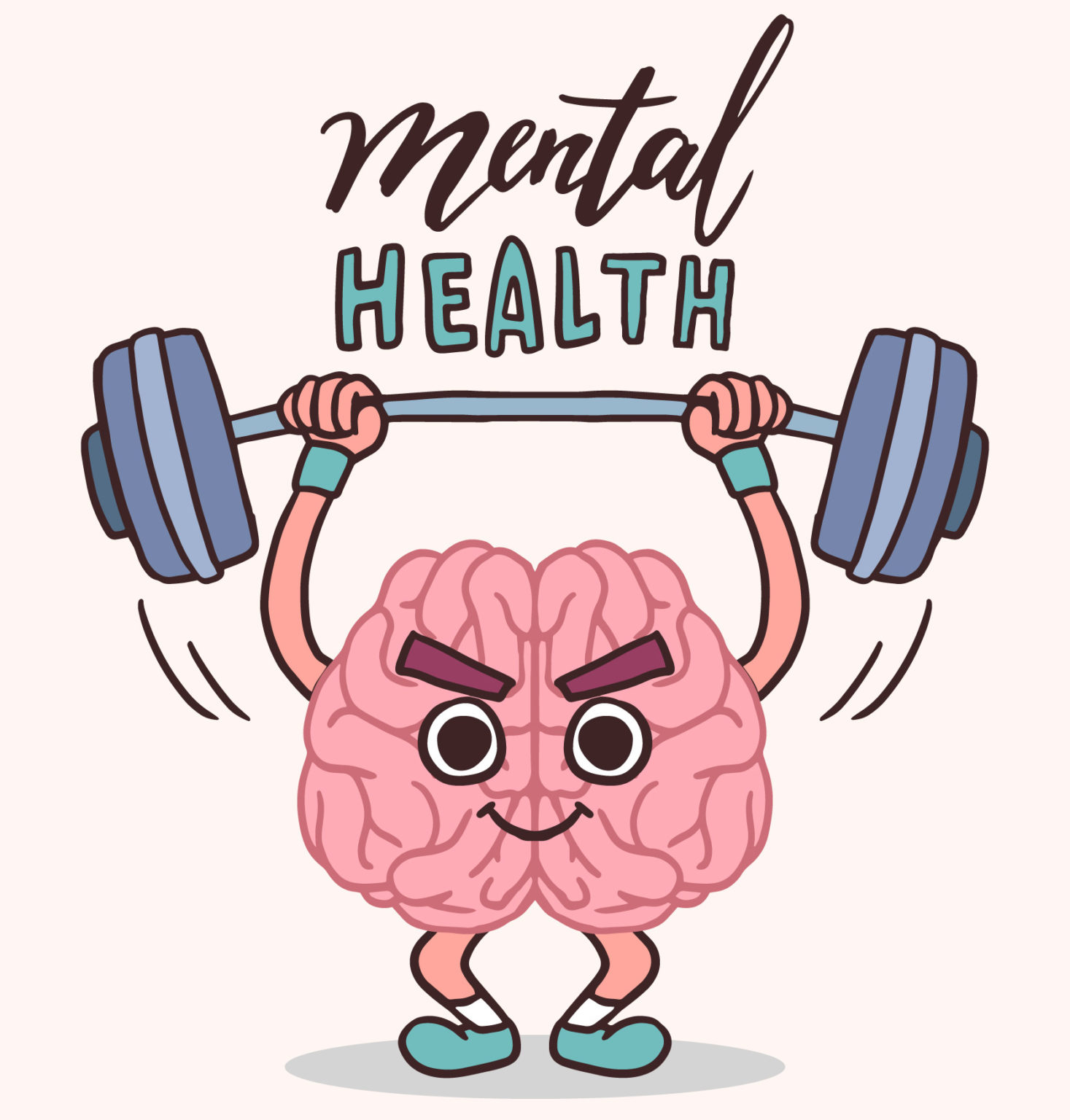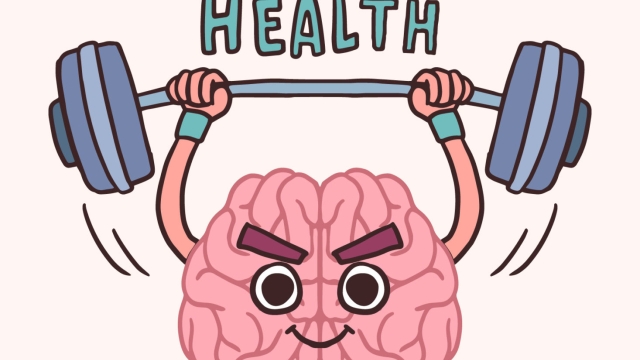
When facing the intricate challenges of depression and addiction, finding a guiding light towards healing can often feel like a daunting task. The intertwined nature of these conditions necessitates a comprehensive approach to treatment, with counseling and therapy standing out as pivotal pillars in the journey towards recovery. Through the compassionate guidance of mental health professionals, individuals grappling with the weight of depression and addiction can begin to unravel the complexities that shroud their well-being. Understanding the profound impact of these conditions on both the mind and spirit is the initial step towards embracing the healing potential that counseling and therapy offer. In this article, we embark on a reflective exploration of how counseling can become a transformative tool in breaking the chains of depression and addiction, leading towards a path of empowerment, resilience, and renewed hope.
Sehleby
Types of Counseling Services
When seeking support for depression and addiction, individuals have a variety of counseling services to choose from. One common type is individual counseling, where a person works one-on-one with a therapist to explore their thoughts, emotions, and behaviors in a safe and confidential setting. This personalized approach allows individuals to address their unique challenges and develop coping strategies tailored to their specific needs.
Group counseling is another effective option for those dealing with depression and addiction. In group settings, individuals have the opportunity to connect with others who are facing similar struggles. Engaging in group discussions, sharing experiences, and receiving support from peers can be incredibly beneficial in helping individuals feel understood and less isolated in their journey towards healing.
Family therapy can also play a crucial role in addressing depression and addiction. This type of counseling focuses on improving communication and relationships within the family unit. By involving loved ones in the therapeutic process, individuals can address underlying family dynamics that may be contributing to their struggles. Family therapy can help strengthen relationships, foster understanding, and provide a supportive environment for healing to take place.
Understanding Depression and Addiction
Depression and addiction are complex mental health challenges that often coexist, creating a cycle that can be difficult to break. Depression manifests as persistent feelings of sadness, hopelessness, and loss of interest in activities, while addiction involves a compulsive need to engage in harmful behaviors such as substance abuse or addictive activities. The interconnected nature of these conditions can amplify the severity of both, leading to a downward spiral of emotional and physical distress.
Individuals struggling with depression and addiction may use substances or behaviors as a coping mechanism to numb emotional pain or escape from negative thoughts. This temporary relief can quickly spiral into a harmful cycle where the substance or behavior becomes a primary source of comfort. Over time, this maladaptive coping strategy only serves to exacerbate feelings of depression and fuel addictive tendencies, creating a self-reinforcing cycle that is challenging to break without professional help.
Counseling and therapy play essential roles in addressing the complexities of depression and addiction by providing individuals with a safe space to explore underlying issues, develop healthier coping mechanisms, and learn to manage negative emotions effectively. Through therapy, individuals can gain insight into the root causes of their struggles, identify triggers for addictive behaviors, and acquire tools to build resilience and empower themselves in the journey towards healing and recovery.
Benefits of Therapy
Therapy offers a safe space where individuals can openly express their thoughts and emotions without fear of judgment. It provides a supportive environment for exploring the root causes of depression and addiction, leading to deeper self-awareness and understanding.
Through counseling, individuals gain valuable coping mechanisms and tools to manage the challenges that arise from depression and addiction. Therapists can offer practical strategies to help clients navigate difficult emotions, develop healthier behaviors, and build resilience in the face of adversities.
Moreover, therapy fosters a sense of empowerment as individuals realize they have the capacity to make positive changes in their lives. By working with a therapist, individuals can develop a sense of agency and control over their mental health and addiction struggles, ultimately leading to greater overall well-being.
